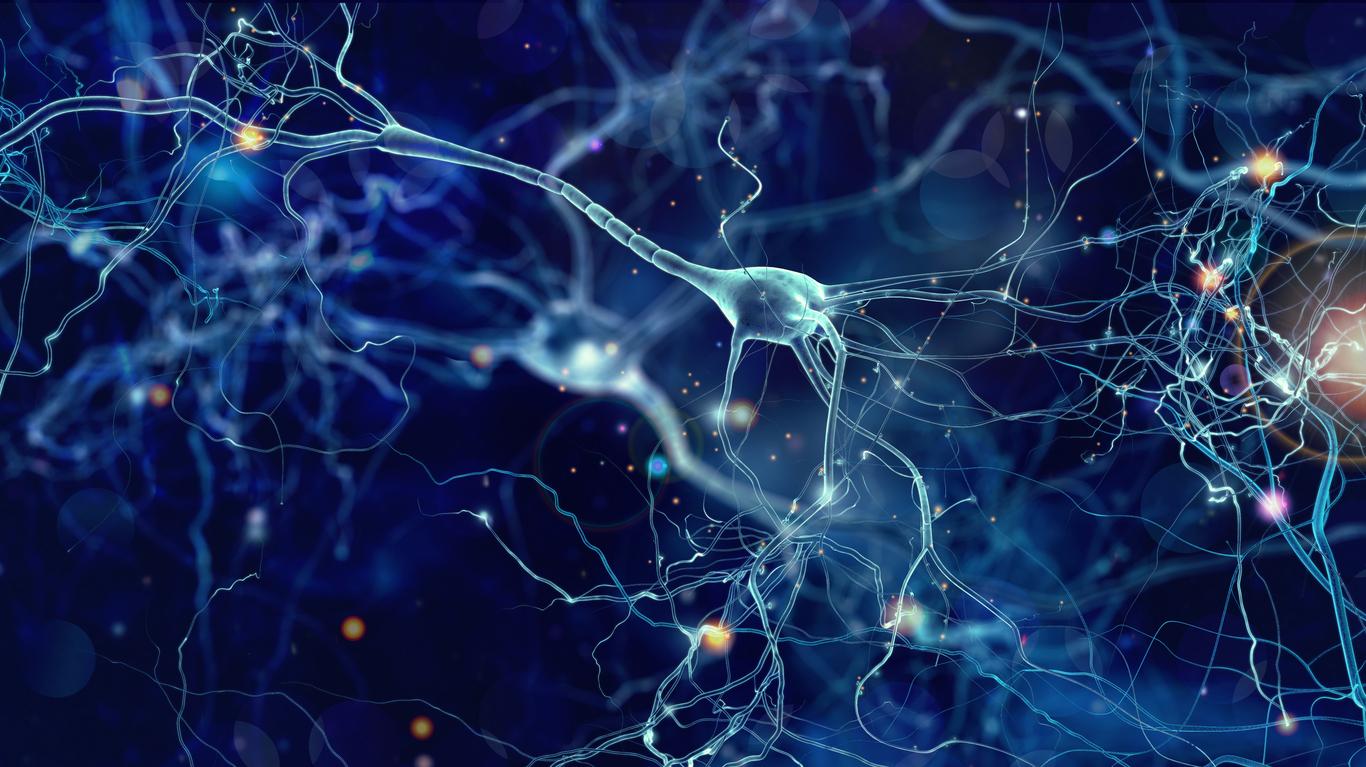A hormone capable of increasing the feeling of satiety and suppressing food intake is a potential treatment for obese people whose natural signals of satiety no longer work.

- LCN2 is a hormone naturally produced by bone cells.
- In overweight or obese people, LCN2 levels decreased after the meal, whereas they increased in people of normal weight.
- Treatment experiments with this hormone on monkeys showed a decrease in food consumption and weight loss.
A hormone to end obesity? Lipocalin-2 (LCN2) is a hormone capable of suppressing food intake by increasing the feeling of satiety. A new study has shown that this double capacity, already observed in mice, is confirmed in humans, suggesting a use in the fight against obesity. The results of the work carried out by American researchers from Columbia University were presented on November 24 in the journal eLife.
A rate that varies after a meal depending on the weight of the person
LCN2 is a hormone naturally produced by bone cells. Previous studies on mice have shown that its long-term administration reduces their food consumption and prevents weight gain, without causing their metabolism to slow down. “LCN2 acts as a satiety signal after a meal, causing mice to limit their food intake, and this by acting on the hypothalamus in the brain”, details the main author of the Peristera-Ioanna Petropoulou study. His team of researchers wanted to see if these effects are confirmed in humans. “We wanted to see if LCN2 had similar effects in humans and if a dose of it would be able to cross the blood-brain barrier.“, he added.
The researchers first analyzed data from four different studies of people who were normal weight, overweight or obese. Participants in each study received a meal after an overnight fast and the amount of LCN2 in their blood before and after the meal was recorded.
Loss of regulation of LCN2, mechanism of obesity
The results showed that in participants who were of normal weight, there was an increase in LCN2 levels after the meal, which coincided with the degree of satisfaction after eating. In overweight or obese people, LCN2 levels decreased after the meal. Surprisingly, the researchers note, participants who lost weight after gastric bypass surgery were found to have restored sensitivity to LCN2. “These results mirror those seen in mice and suggest that this post-meal loss of LCN2 regulation is a novel mechanism contributing to obesity and could be a potential target for weight loss treatments.”, wrote the researchers.
After verifying that LCN2 can enter the brain, the research team investigated whether treatment with the hormone can prevent weight gain. To do this, they treated monkeys with LCN2 for a week. They found a 28% decrease in food consumption compared to before, and the monkeys ate 21% less than their placebo-treated counterparts. After only one week of treatment, measurements of body weight, body fat and blood fat levels showed a downward trend. “We showed that LCN2 crosses the brain, goes to the hypothalamus and suppresses food intake in non-human primatesconcludes lead author Stavroula Kousteni, professor of physiology and cellular biophysics at Columbia University. Our results show that the hormone can suppress appetite with negligible toxicity and lay the groundwork for the next level of LCN2 testing for clinical use..”

.
















